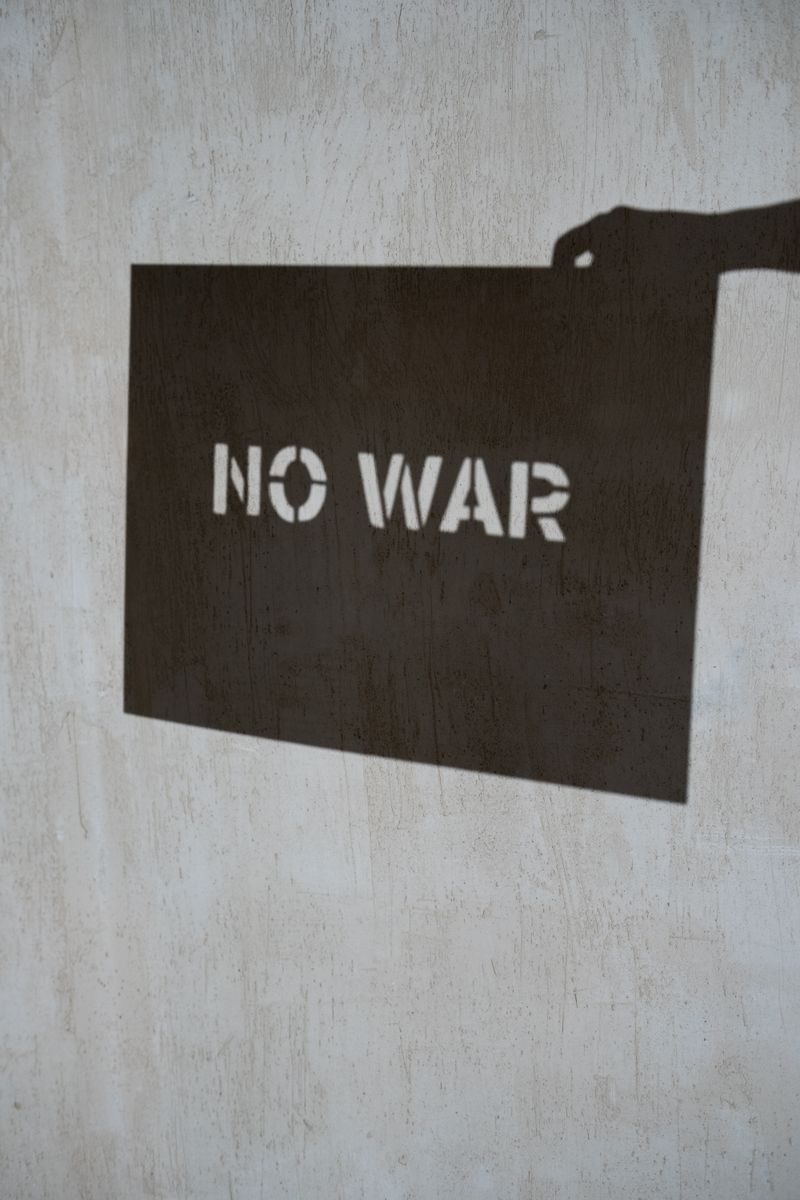Blasts in Karabakh as Azerbaijan launches ‘anti-terrorist’ military operation
Published on Tue 19 Sep 2023 at 2:08pm
Brief Background
Azerbaijan has launched a military operation in the breakaway Nagorno-Karabakh region, reigniting a long-standing conflict with Armenia. The Azerbaijani government has called for the withdrawal of Armenian forces from the disputed territory as a precondition for peace. This latest escalation comes after months of tensions between the two nations, with Armenia accusing Azerbaijan of a troop build-up and a blockade of their only land link to Nagorno-Karabakh.
The Renewed Conflict
The recent fighting in Nagorno-Karabakh began shortly after Azerbaijan reported the deaths of four police officers and two civilians in mine blasts. Armenian officials have reported at least two civilian casualties and 11 wounded, with heavy artillery fire being observed around the region’s capital. Blasts and gunfire could be heard in the town of Stepanakert, the separatist stronghold. Azerbaijan claims to have launched “localised anti-terrorist measures” and stated that it is using “high precision weapons” in its operations.
Armenia’s Response
The Armenian foreign ministry has condemned Azerbaijan‘s actions as “aggression” against Nagorno-Karabakh. They have called on Russian peacekeepers stationed in the region to intervene and put an end to Azerbaijan‘s military activities. The separatist organization based in Armenia has accused Azerbaijan of launching a “large-scale military offensive” and has claimed that cities and villages in Nagorno-Karabakh are under “intensive fire.”
Regional Power Brokers
Russia and Türkiye, which oversee a fragile peacekeeping mission in Nagorno-Karabakh, have been notified about Azerbaijan‘s military activities. Russia has urged both sides to respect a peace accord and to end the bloodshed. The Russian foreign ministry spokeswoman, Maria Zakharova, stated that they were only given “minutes” notice before Azerbaijan‘s operation began.
The Humanitarian Situation
Amidst the conflict, Azerbaijan‘s defense ministry has announced the opening of “humanitarian corridors and reception points” to allow civilians to leave the affected areas. They have also emphasized that the civilian population and infrastructure are not targets. However, there are concerns about the safety and well-being of the people caught in the crossfire, especially given the history of violence and displacement in the region.
The Larger Context
The conflict between Armenia and Azerbaijan over Nagorno-Karabakh is a long-standing territorial dispute with deep-rooted ethnic and religious tensions. Both countries have a history of large-scale hostilities, with the latest escalation in 2020 resulting in thousands of casualties. The current situation highlights the ongoing fragility and complexity of the peacekeeping mission in Nagorno-Karabakh.
Analysis
The events unfolding in Nagorno-Karabakh raise significant questions about the prospects for lasting peace in the region. The competing territorial claims, as well as the deeply ingrained ethnic and religious divisions, make a resolution to the conflict challenging. Furthermore, the involvement of external powers such as Russia and Türkiye adds another layer of complexity, as these countries have their own geopolitical interests in the region.
One of the key issues at play is the question of self-determination for the people of Nagorno-Karabakh. While the territory is recognized internationally as part of Azerbaijan, the majority of the population is ethnically Armenian and has expressed a desire for independence. This clash between national sovereignty and the rights of ethnic minorities is a recurring theme in conflicts around the world, and finding a just and sustainable solution is no easy task.
Editorial
The current military operation in Nagorno-Karabakh is deeply concerning as it risks further civilian casualties and the displacement of vulnerable populations. It is crucial that all parties involved prioritize the protection of civilians and adhere to international humanitarian law. The international community, especially those with influence in the region, should actively engage in diplomatic efforts to de-escalate the situation and push for a negotiated settlement that respects the rights and aspirations of all parties involved.
Advice
For those living in the affected areas, it is essential to prioritize personal safety and stay informed about the latest developments. Follow the instructions and advisories from local authorities and international organizations. If possible, seek shelter in secure locations and avoid unnecessary travel in the conflict zone. Maintain communication with loved ones and make them aware of your situation. For those outside the region, it is important to stay informed about the situation and support humanitarian efforts aimed at assisting the affected populations.

<< photo by cottonbro studio >>
The image is for illustrative purposes only and does not depict the actual situation.
You might want to read !
- “Azerbaijan’s Offensive in Nagorno-Karabakh: Unleashing the Flames of Conflict”
- Germany suffers humbling 4-1 defeat to Japan, deepening Euro crisis
- “Genius vs. Grandmaster: The Battle for Chess Supremacy Engulfs India”
- Trudeau’s Accusations: Fuelling Anger in India over Hardeep Singh Nijjar
- Dutton Takes on Albanese: Calls for Referendum Cancelation as an Opportunity for…
- “Unveiling the Urban Oasis: Exploring the Iconic Jacksons on George, Sydney’s Premier CBD Destination”
- “Battle for European Glory: Livestreaming the High-Stakes Clash between Barcelona and Royal …”
- “The Implications of Hardeep Singh Nijjar’s Shooting on the Sikh Community”
- Condoleezza Rice’s Lost September 11 Speech: Uncovering the Unspoken Account




